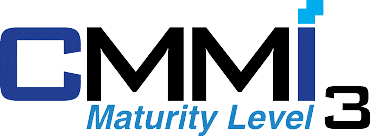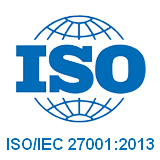Professionalism – safety – stable operation – enhanced performance support and optimal power system management
System environment monitoring server room and fire for server room
Lac Viet is a solution provider in the design and installation systems, environment monitoring server room, FIRE-fighting credibility, specialize in the design and deployment of technology solutions high-quality, ensure the system is deployed and managed correctly, to help customers achieve performance and high reliability.
30 years of experience
Our team of engineers has professional knowledge and has deployed multiple System Center data sets for multi-unit customers.
Budget optimization
Accurately assess the current status of the customer and provide a solution in accordance with their requirements and budget.
Professional processes
The service is always performed precisely and with high quality, from design to deployment, management, instruction, and maintenance.
24/7 technical support
Provide a 24/7 support team to ensure quick resolution of engineering-related issues
Design and deploy the system environment monitoring server room
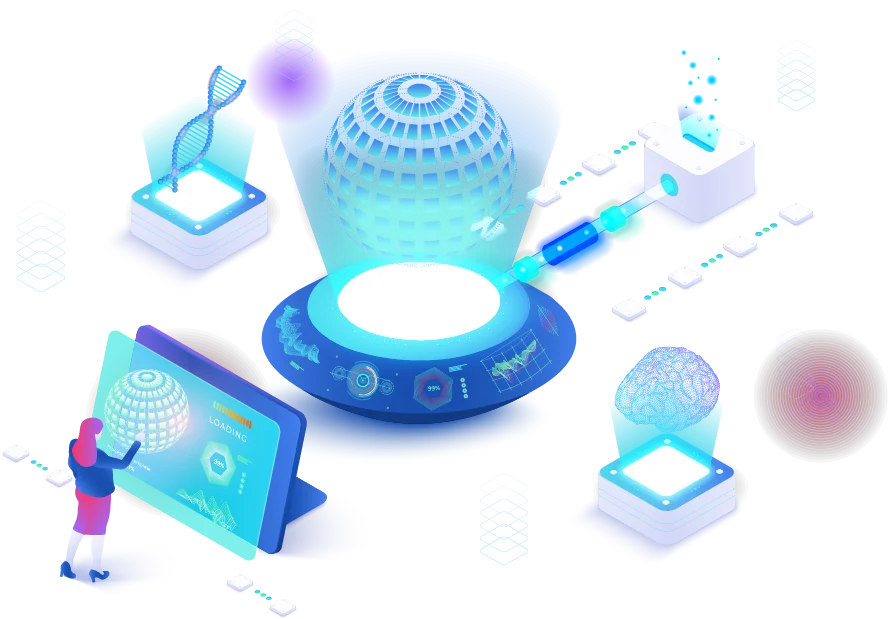
The environmental management and monitoring system is designed to enhance the availability of critical physical infrastructure systems while aiding system administrators in promptly detecting and addressing incidents.
System environment monitoring server room allows for monitoring temperature and humidity in the data center to promptly make adjustments when the temperature, humidity levels are too high.
System environment monitoring server room after deployment has the ability to monitor system status monitoring, physical security systems, fire protection,...
Send alerts via email, SMS when temperature or humidity exceeds the set threshold, the system is overloaded, has an error, etc.
Design and installation of fire suppression system for server room FIRE FM200
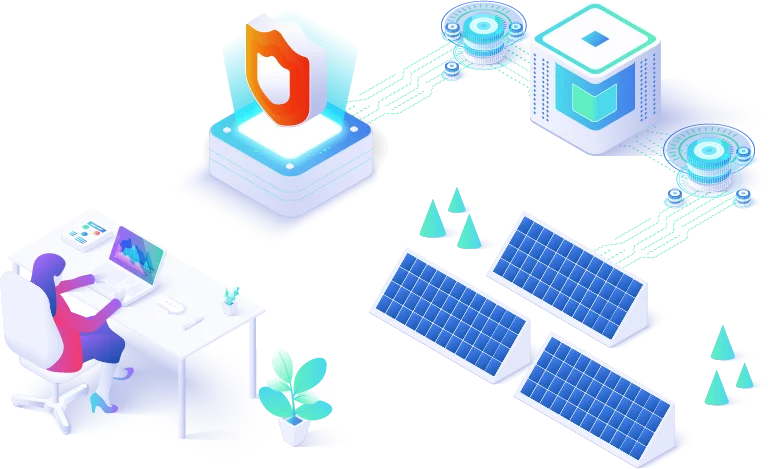
The FM-200 fire suppression system is a clean, non-conductive, ozone-friendly fire suppression system that is safe for users. It is used as a replacement for Halon and CO2 fire suppression systems.
The use, installation and design of fire suppression system for server room (FM-200) to protect the areas set equipment electronics and telecommunications, where strictly forbidden to use the led power, where there are high demands on hygiene and safety of the user as:
- Data center
- The energy controllers, communication equipment, industrial equipment,...
- Explosives storage area
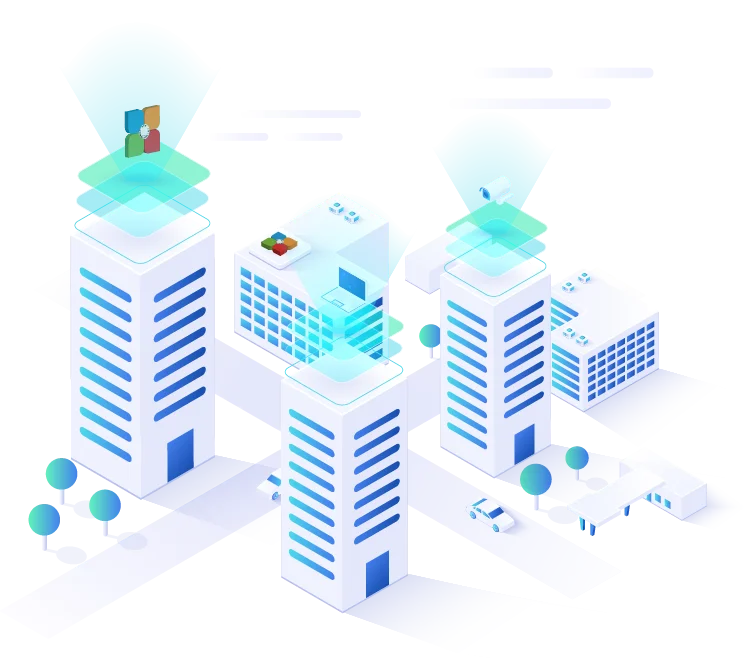
FIRE fighting system room server when the installation will be Lac Viet designed to comply with the absolute according to “Regulations on State management of fire prevention and fighting”
- TCVN 2622-1995: Fire protection and fire fighting for buildings and structures – Design requirements
- TCVN 5760-1993: Fire extinguishing system - General requirements for design, installation, and operation
- TCVN 7161-9-2002: Carbon dioxide fire extinguishing system - System design characteristics.
- TCVN 5738-2001: Automatic fire alarm system – Technical requirements
- NFPA-2001: Standard for clean gas fire suppression systems
- NFPA-70: National Electrical Code - Standard for Electrical System Design
- NFPA-72: National Fire Alarm and Signaling Code - Standard for Automatic Fire Alarm System Design

Simulation diagram design, fire extinguishing system, server room, FIRE FM200
Process system deployment environment monitoring server room and fire for server room
1. Identifying customer requirements
- Collaborate with customers to gather requested information
- Surveying the current status of the customer's IT infrastructure
2. Proposing solutions
- Analyzing assessments helps identify the issues and limitations of the current system, thereby enabling the proposal of appropriate solutions.
- Based on the analysis, evaluation, and customer requirements, the consulting team will propose IT infrastructure solutions for the customer. The solutions need to meet customer requirements while ensuring feasibility, effectiveness, and cost-effectiveness.
3. Quotation and negotiation
After proposing solutions, the sales department will provide a quotation to the customer. The customer and the sales department will then negotiate to finalize the contract terms.
4. Implementing solutions.
After agreeing on the contract, the technical team will proceed to deploy the solution. Solution implementation includes contents such as:
- Installing and configuring hardware and software according to the design model
- Performing operational tests before deployment
- System usage training
5. Technical support
After deploying the solution, the technical team will provide customer support during the system usage. Post-sales support includes content such as:
- Answering questions and providing technical support.
- Software updates, system maintenance.
requirements
customer
the solutions
and
negotiate
the solutions
support
Identify requirements customer
- Collaborate with customers to gather requested information
- Surveying the current status of the customer's IT infrastructure
Propose the solutions
- Analyzing assessments helps identify the issues and limitations of the current system, thereby enabling the proposal of appropriate solutions.
- Based on the analysis, evaluation, and customer requirements, the consulting team will propose IT infrastructure solutions for the customer. The solutions need to meet customer requirements while ensuring feasibility, effectiveness, and cost-effectiveness.
Quote and negotiate
Implementing the solutions
- Installing and configuring hardware and software according to the design model
- Performing operational tests before deployment
- System usage training
Technical support
- Answering questions and providing technical support.
- Software updates, system maintenance.
Lac Viet's Technology Ecosystem
Applications
Platform infrastructure
Technology services
IT equipment
Collaborating with multiple leading partners
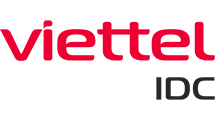
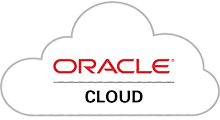
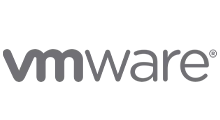
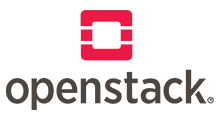
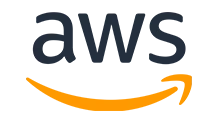
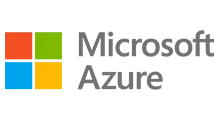

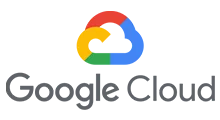
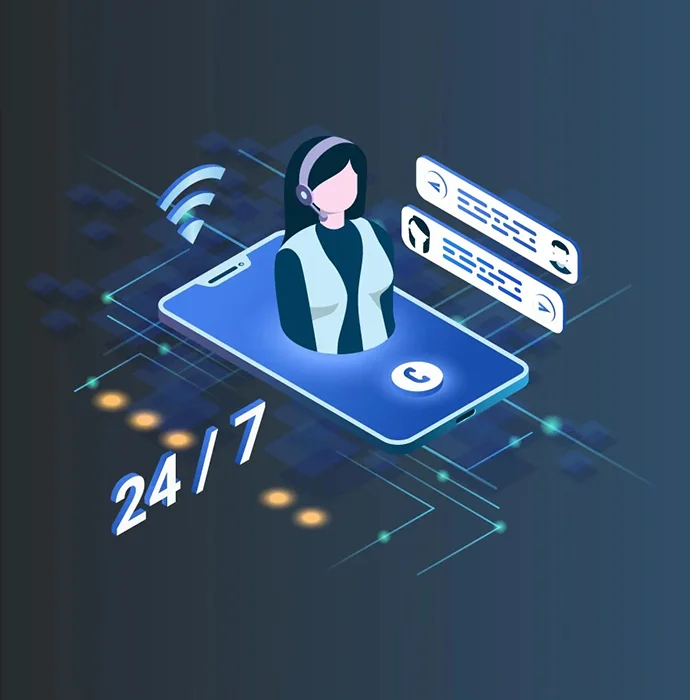
Ask for advice
Customer service 24/7 | Customization on request








